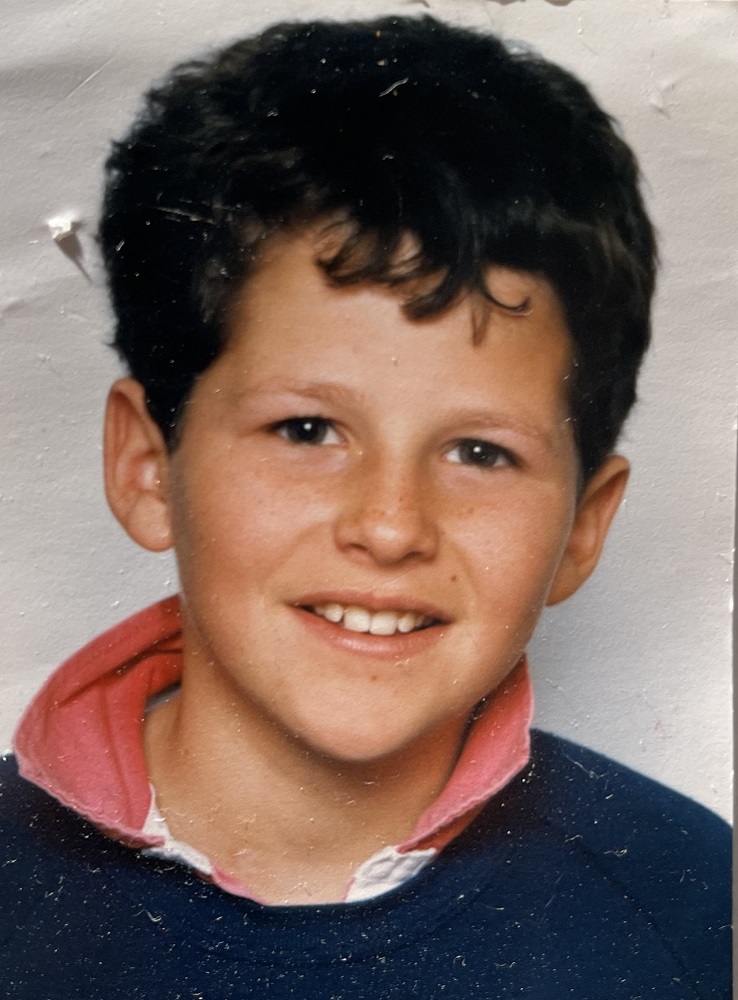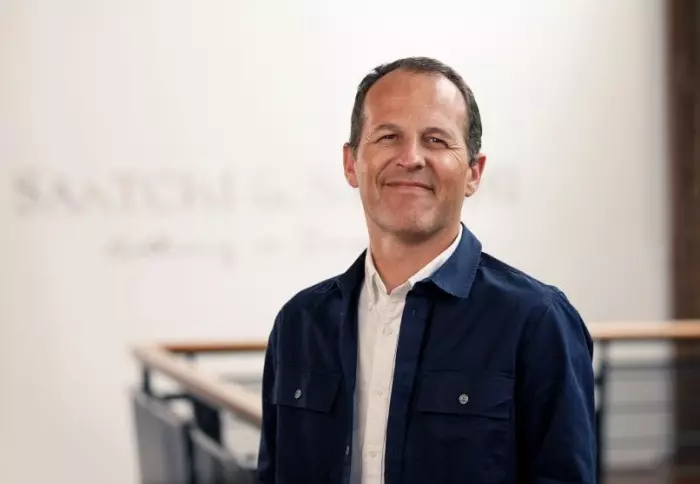Welcome to My Net Worth, our regular feature on the lives and motivations of our top businesspeople, in their own words.
Mark Cochrane is the chief executive of advertising giant Saatchi & Saatchi New Zealand and the chief growth officer of Publicis Groupe New Zealand. He has worked for the ad company in Thailand and Australia and has also worked in Europe for agency TBWA and British telecommunications company O2. He holds a commerce degree from Otago University.
I grew up on a farm in a remote part of rural South Otago called Clutha Valley. Farm life was fun, and it taught me a lot. My parents taught me the importance of hard work, humility, and having respect for everyone. We had a whole community there, and my parents could probably write a book about all the people who came through over the years.
I love learning and did my bachelor’s degree in commerce, majoring in marketing. I was lucky in how my career worked out. I worked for a ski company in France, and through contacts, I ended up in London working for British telecoms company BT Cellnet (now O2) on the advertising side. Then I worked for agencies.
The advertising industry has changed a lot over the years, but the fundamentals haven’t. The importance of what technology can do and how we connect to customers is incredibly liberating, but creativity remains the most magical and potent source of what we do. A great idea is as fundamental as it has been throughout the history of advertising.
I didn’t always want to work in management early in my career, but I really enjoy seeing what a group of people can achieve. It’s always been important for me. Starting at this office 12 years ago, I always wanted to lead this company.
We were lucky enough to win a D&AD Grand Prix at Cannes. (The D&AD awards are recognised globally as the ultimate creative accolade.) It was a good day, and you have to remember those days in your career. I sat around the fire with my creative partner Simon and strategic partner Alex drinking Negronis. It’s never about the trophy and standing on stage awkwardly, but getting the acknowledgement of a team creating an important idea.
The good thing about this industry is that we like to celebrate wins immediately. It’s important. When we won Visit Victoria at Saatchi Melbourne, it was great standing in front of the agency and telling them they’d won. The roar is always epic. It’s amazing how quickly an agency can find some ice-cold champagne and get some music on.
 Mark Cochrane aged 10 in 1987.
Mark Cochrane aged 10 in 1987.I know I’m not the smartest person in the room, so to me, it’s more about orchestrating the band to allow the team to be the best they can be. After that, you don’t really have any regrets.
Business leaders should always know their next five hires. It means you know what you’re doing and what you’re trying to create.
My wife worked in advertising, so we don’t see it as work-life balance – it’s more like work-life integration. We just kind of pile it all on and give it heaps. For me, a busy life is a fun life.
Paul Jeffreys and David Walden, who have both now passed away, were big influences in my career. They taught me about the power of optimism and leadership. Mike Rebelo (Publicis Groupe ANZ CEO) also taught me probably the most important thing: deliver client value and the work sets you free.
The most valuable thing I own is an old trophy that was my grandfather’s. He had it on his desk, and so did my father. It has been with me in London, Bangkok, Melbourne and here. It is from 1918, and it’s the Central Otago dog trial trophy. I should probably send it back.
Living in Matakana has been the best thing for the family and me. You’ll mostly find me in the garden or the paddock tinkering on little tasks. I don’t really like to leave the property at the weekend. I’m happy staying in.
I don’t really splurge on anything – a kindling axe was probably the last good splurge I had.
Sitting on the ride-on mower listening to National Radio at the weekend is always a good moment. Instead of playing ads, they play bird sounds between segments. It’s probably good for advertisers to remember that it’s a privilege to turn up in people’s ears and TV screens.
As told to Daniel Dunkley
This interview has been edited for clarity.










